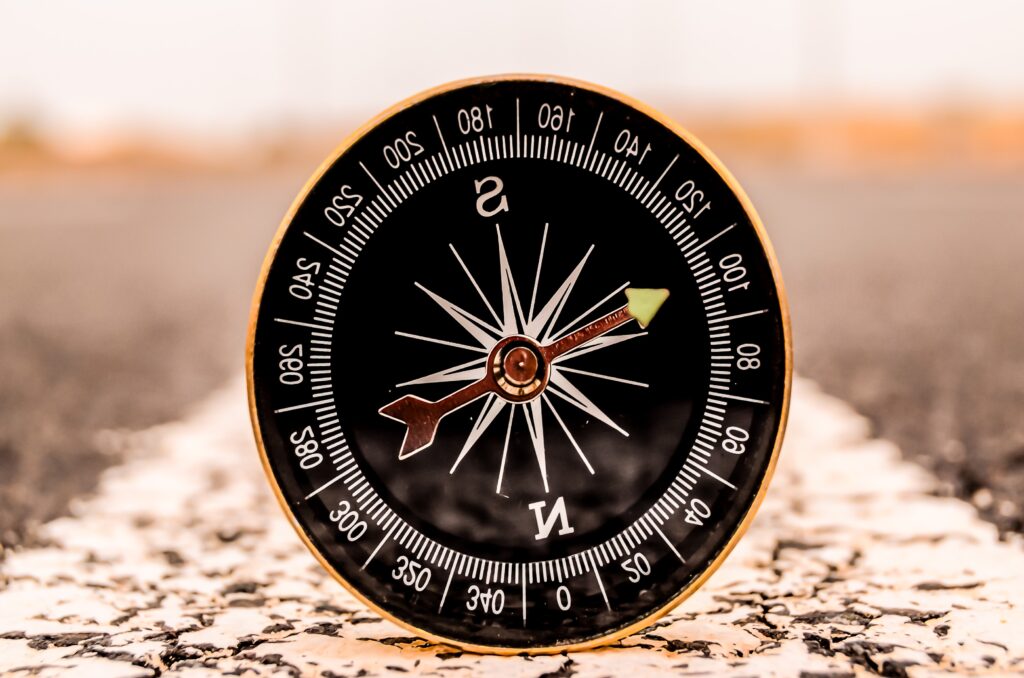
Why Some People Never Get Lost—And Others Can’t Find Their Way Out of a Parking Lot
Have you ever marveled at someone who can navigate a new city with effortless ease while you struggle to find your car in a parking lot? Why do some people seem to possess an internal GPS, guiding them seamlessly through the world, while others feel perpetually disoriented? The answer lies in the intricate interplay of neuroscience, psychology, and experience.

Outline
- The Brain’s Compass: A Matter of Structure
- The Art of Paying Attention
- Personality and Mindset: How We See the World
- Training Your Internal Compass
- The Road Ahead
- FAQs
The Brain’s Compass: A Matter of Structure
At the heart of navigation lies the hippocampus, a seahorse-shaped structure deep within the brain. This region is responsible for spatial memory and orientation. Studies on London taxi drivers, who must memorize thousands of city streets, reveal that their hippocampi are significantly larger than those of the average person. This suggests that navigation is not merely a talent—it’s a skill that can be cultivated and strengthened over time.
Conversely, those who struggle with navigation often have less activity in this region. Neurological conditions like topographical disorientation can make even familiar spaces feel foreign. Yet, for most people, a poor sense of direction is not a fixed trait but a result of how they interact with their environment.
The Art of Paying Attention
One of the most overlooked reasons some people navigate well is their ability to pay attention. In a world of turn-by-turn navigation, many have surrendered their spatial awareness to their smartphones. Those with a strong sense of direction, however, make a habit of absorbing their surroundings—memorizing landmarks, noting street names, and understanding the general layout of a place.
Think of world explorers who traversed unknown lands without a single map. Indigenous cultures, like the Polynesians, navigated the vast Pacific Ocean using the stars, wave patterns, and even the flight paths of birds. Their success came not from a magical ability, but from deep observation and pattern recognition—skills anyone can develop with practice.
Personality and Mindset: How We See the World
Psychologists have found that people with strong navigation skills tend to be more curious and confident in uncertain situations. They see getting lost not as a failure but as an opportunity to learn. Those who struggle with direction, on the other hand, often experience heightened anxiety when in unfamiliar places, which can cloud judgment and reduce awareness of their surroundings.
Consider a hiker who ventures into the woods. One person might panic at every fork in the trail, while another instinctively notes the position of the sun, the shape of distant mountains, and the texture of the path beneath their feet. The difference isn’t just skill—it’s mindset.

Training Your Internal Compass
If navigation is a skill, then it can be improved. Research suggests that engaging in activities that challenge spatial awareness—like hiking, orienteering, or even playing video games designed around navigation—can sharpen one’s internal compass. Small, intentional habits, such as walking a different route home or exploring new places without GPS, can rewire the brain to become more spatially aware.
There’s something deeply metaphorical about this process. Just as we can strengthen our ability to find our way in the world, we can also train ourselves to navigate the complexities of life. The person who embraces uncertainty, who learns to find markers in the unknown, becomes resilient in both travel and thought.
The Road Ahead
Ultimately, navigation isn’t just about maps and streets—it’s about how we move through life. Those who never get lost often have a keen sense of presence, a willingness to observe, and a deep trust in their ability to adapt. Perhaps the greatest takeaway is this: even if you feel directionless, in a city or in life, you are never truly lost. You are simply discovering new ways to find your way.
FAQs
Can a person improve their sense of direction?
Yes, spatial awareness and navigation skills can be strengthened through practice, such as exploring new places without GPS, paying attention to landmarks, and engaging in activities like hiking or orienteering.
Why do some people naturally have a better sense of direction than others?
A strong sense of direction is influenced by brain structure, attention to surroundings, and mindset—people who actively observe their environment and feel confident in uncertainty tend to navigate better.
Does relying on GPS weaken our natural navigation abilities?
Yes, overdependence on GPS can reduce spatial awareness, as it discourages people from mentally mapping their surroundings and recognizing key landmarks.